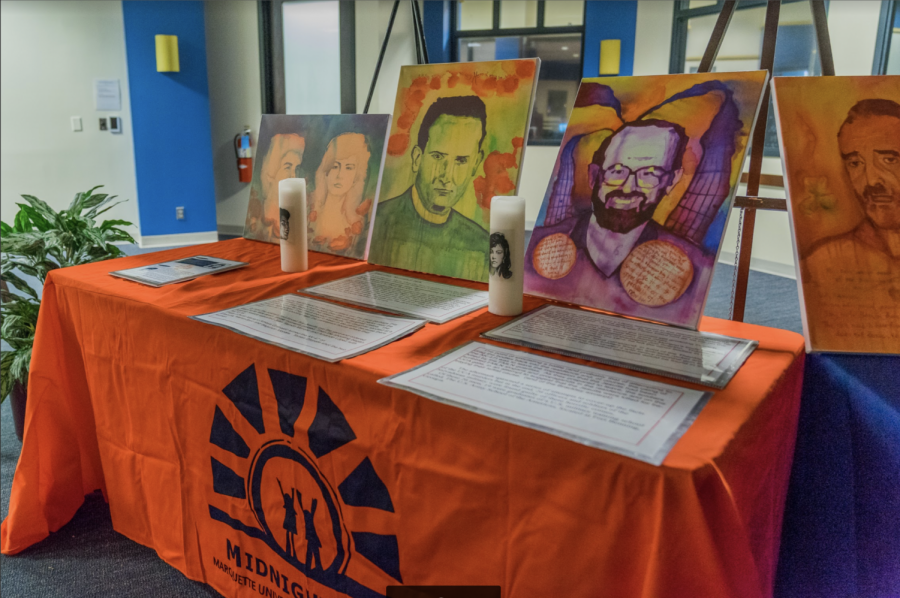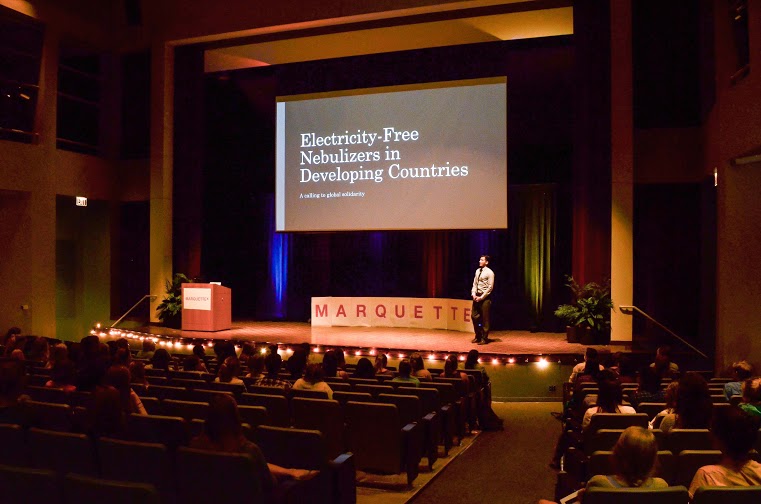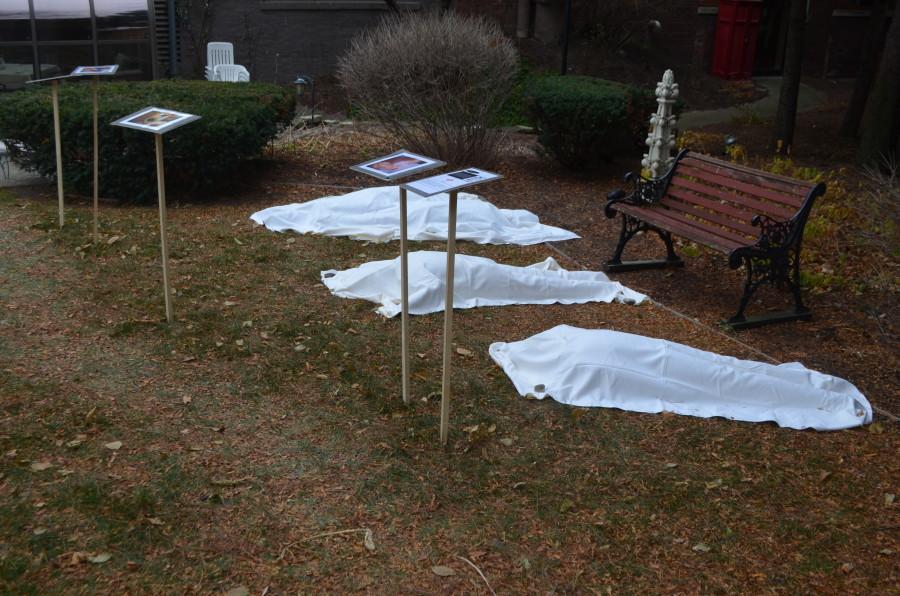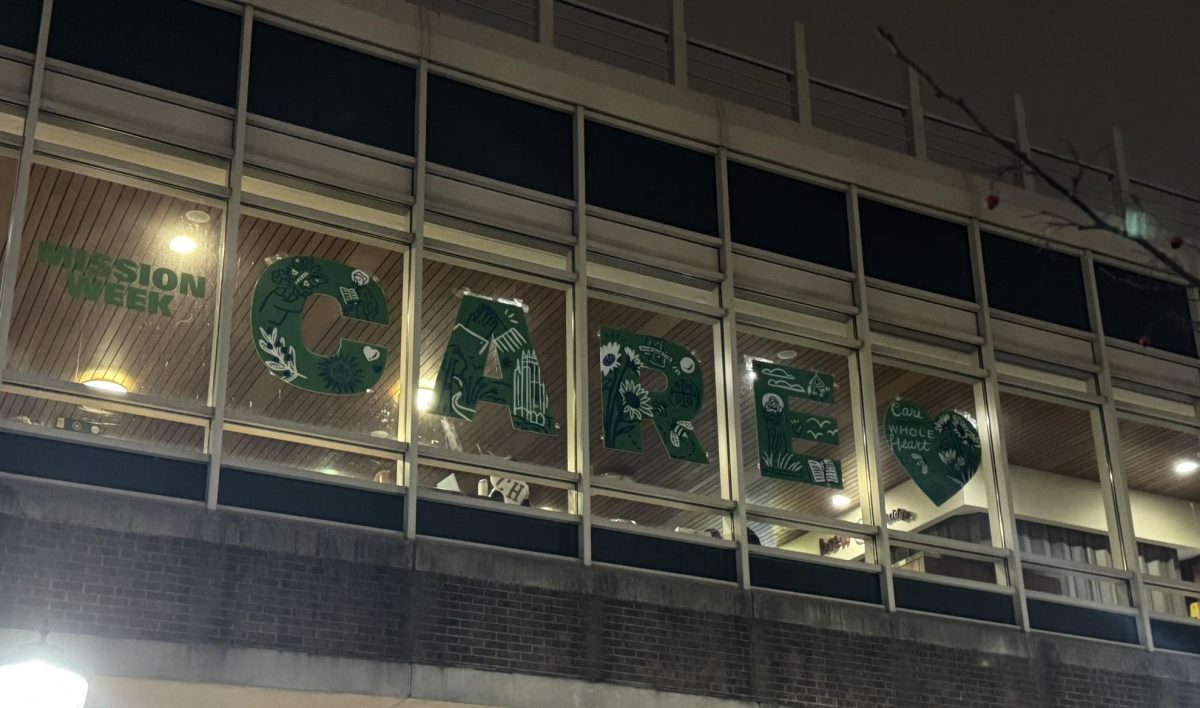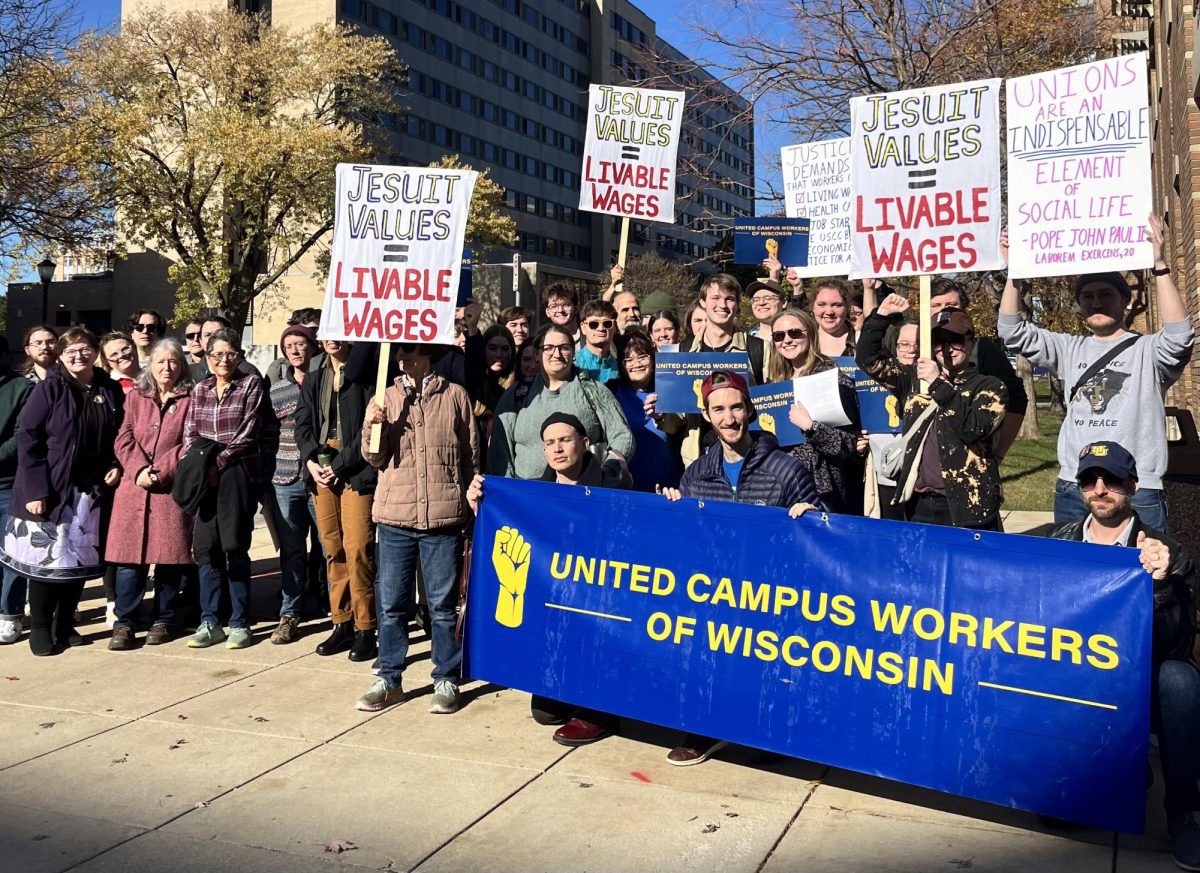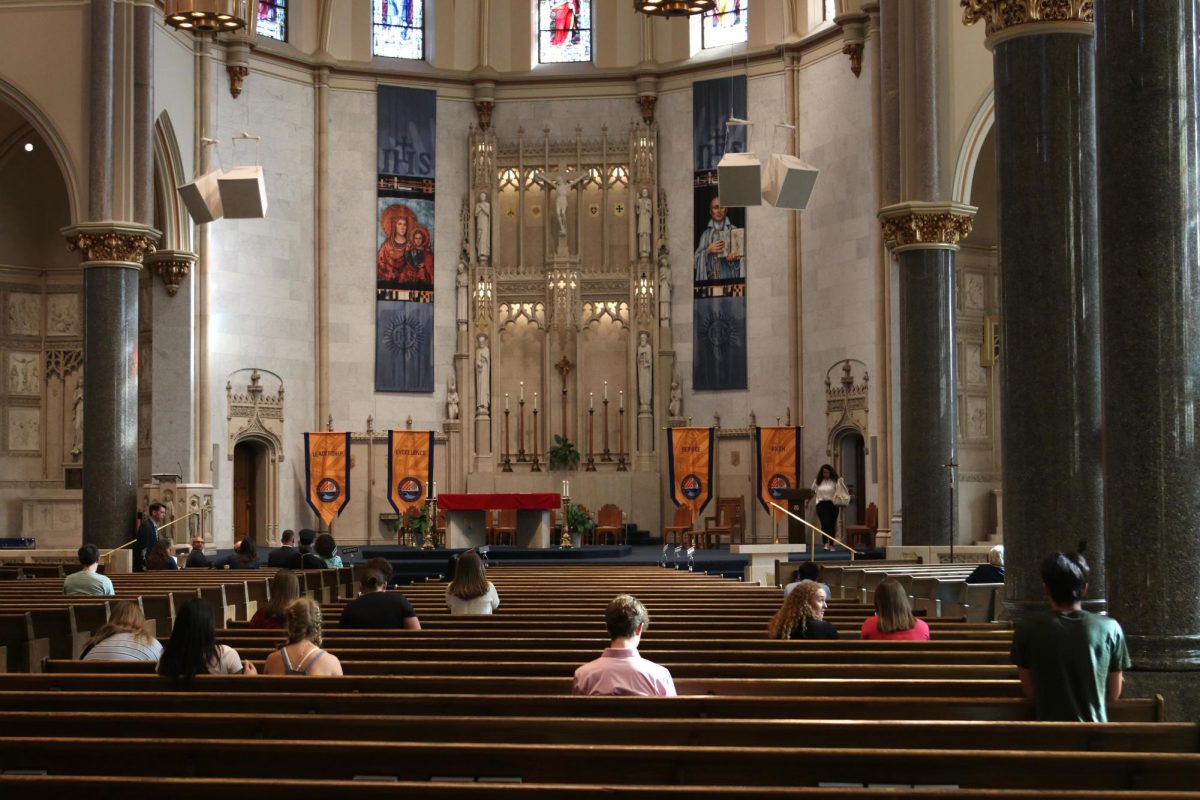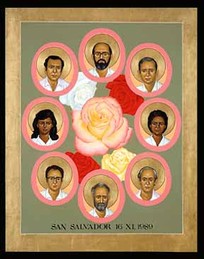
Nov. 16 marked a tragic 35-year anniversary for the Jesuit community in El Salvador. On this date, six Jesuit priests were murdered by the Salvadoran Army during El Salvador’s 12-year civil war.
On the Night of Nov. 15, 1989, the army was given orders to infiltrate the Jesuit University of Central America and to kill Rev. Ignacio Ellacuría, S.J., who was known to stand against the Salvadoran military dictatorship. In the end, the aforementioned Jesuit priests were killed, along with a housekeeper and her daughter.
In solidarity, Marquette Campus Ministry brought light to this tragedy through their monthly Soup with Substance event Wednesday.
Campus Ministry invited Rev. John Thiede, S.J., vice president for mission and ministry, and Rev. Reno Rosales, S.J., associate pastor of St. Patrick’s Church on the south side of Milwaukee.
Thiede spoke first about the events that took place, and Rosales followed up with his reflection on the tragedy. Having been born and ordained in Panama, Rosales said he had connections to the event.
After speaking about the history of the massacre, Thiede gave his final thoughts on the matter.
“We wanted to make sure that this year we stood in solidarity with our Jesuit brothers and sisters to the south, our brothers and sisters at the UCA, but really throughout the world, with those who are commemorating these events today,” Thiede said.
Rosales continued with his portion of the event and explained the significance the massacre had on him. When the massacre happened, he was a Jesuit novice in Panama.
On the morning of Nov. 16, 1989, Rosales and his brothers were carrying out their morning chores when he saw one of his classmates from El Salvador crying. The Jesuit master had received a call from the UCA.
When Rosales went into the Jesuit master’s office, he saw him writing down the list of names of those who had been killed.
Rosales explained that, more currently, the government of El Salvador is starting the process of prosecuting the former president, Alfredo Cristani, and nine retired military officers for murder.
“So now it’s a process in which after 35 years, it seems to be probably the moment when justice will begin,” Rosales said. “However, the Jesuits in El Salvador, even at the time when the killing happened, were looking for justice. They are also very careful to accept the way this process is happening.
“Hopefully, this is not just a political art from the government in order to be more appealing for the society. We have to make sure also that even for those who were the murderers of our own brothers should be treated with a level of respect for their dignity.”
This story was written by Bridget Lisle. She can be reached at bridget.lisle@marquette.edu.


